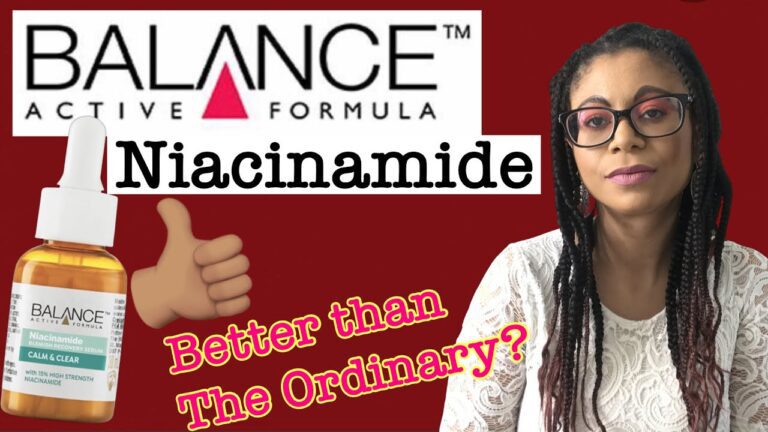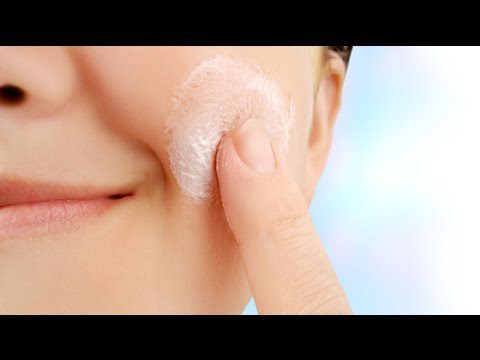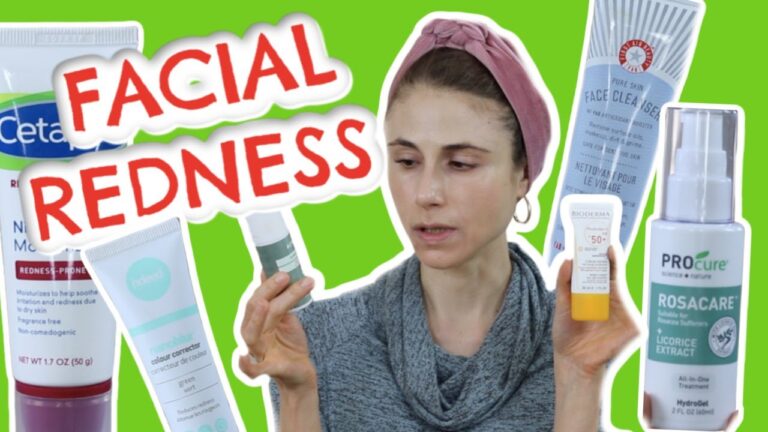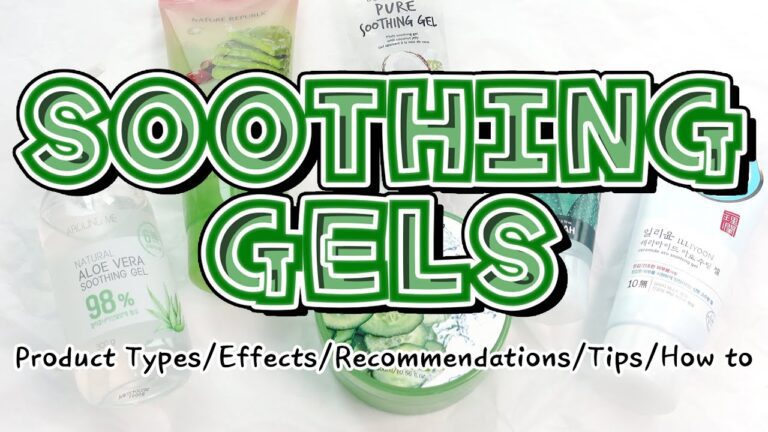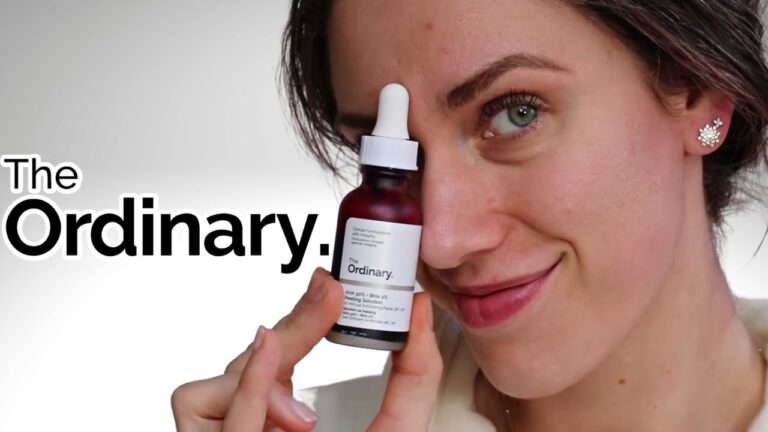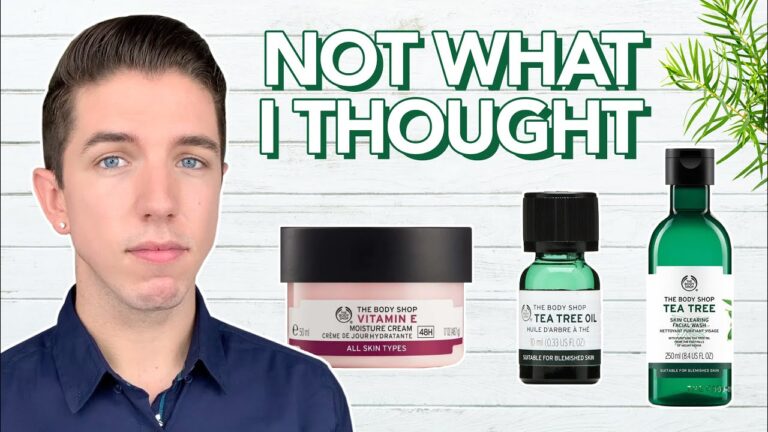Discover the Benefits of Zince: A Comprehensive Guide
Zinc: The Essential Mineral for Your Health
Zinc is one of the most important minerals that your body needs to function properly. It plays a key role in many bodily processes, including metabolism and immune function. Despite its importance, many people don’t consume enough zinc in their diets. In fact, around 25% of the world’s population is at risk of zinc deficiency. Read on to learn more about zinc and how to make sure you’re getting enough of it.
What is Zinc?
Zinc is a metallic element that is essential for the human body. It is involved in over 300 enzyme reactions and is required for the proper function of several proteins. Zinc is found in many foods, particularly in oysters, red meat, and poultry.
The Benefits of Zinc
Zinc has many important health benefits. It plays a role in maintaining healthy skin, hair, and nails, and it also supports a healthy immune system. Additionally, zinc is important for wound healing, and it can even help to reduce the severity of a common cold.
Zinc Deficiency
Zinc deficiency can lead to a variety of health problems, including growth retardation, immune dysfunction, and skin rashes. Zinc deficiency is particularly common in developing countries, but it can affect people in developed countries as well. Certain groups are at a higher risk of zinc deficiency, including pregnant and lactating women, infants, vegetarians, and people with digestive disorders.
Getting Enough Zinc
The recommended daily intake of zinc varies depending on age and sex. Adult men should aim to consume around 11 mg of zinc per day, while adult women should aim for 8 mg. Pregnant and lactating women need more zinc, and infants and children need less.
The best way to get enough zinc is to eat a balanced diet that includes a variety of zinc-rich foods. In addition to oysters, red meat, and poultry, zinc can also be found in beans, nuts, and whole grains. Some foods are also fortified with zinc, such as breakfast cereals and snack bars.
Zinc Supplements
If you’re not getting enough zinc from your diet, you may want to consider taking a zinc supplement. However, it’s important to talk to your healthcare provider before starting any new supplement regimen.
Zinc supplements come in many different forms, including tablets, capsules, and lozenges. They can be found at most drugstores and health food stores. Zinc supplements can cause side effects like stomach upset, so it’s important to follow the recommended dosage on the label.
Zinc Products
There are many skincare products that contain zinc, particularly those designed for acne-prone skin. Zinc oxide is a common ingredient in sunscreens, as it provides broad-spectrum UV protection. There are also zinc-based cold remedies, such as lozenges and nasal sprays.
Zinc in Conclusion
Zinc is an essential mineral that plays a key role in many bodily processes. It is important to consume enough zinc in your diet in order to maintain optimal health. If you’re not getting enough zinc from your diet, a supplement may be a good option. Remember to talk to your healthcare provider before starting any new supplement regimen.
Most searched products:
Does Sephora Support Israel? Answering Your Questions
The Ultimate Guide to Azealic Acid: Benefits, Uses, and Side Effects
How Long Does Glycolic Acid Take to Show Results: Your Ultimate Guide
Discover the Benefits of The Ordinary Botox for Your Skin
The Ultimate Reviews of The Ordinary Peeling Solution
The Ultimate Guide to The Ordinary Colours Foundation: Reviews, Swatches, and Tips
The Perfect Order: When to Use Retinol and Niacinamide in Your Skincare Routine
Unlock Smooth and Supple Skin: Discover the Best Skincare Products for Skin Suppleness
Say Goodbye to B.O with Glycolic Acid Deodorant: The Secret to Long-Lasting Freshness
Exploring the Wonders of The Ordinary Oxford Street: A Complete Guide








